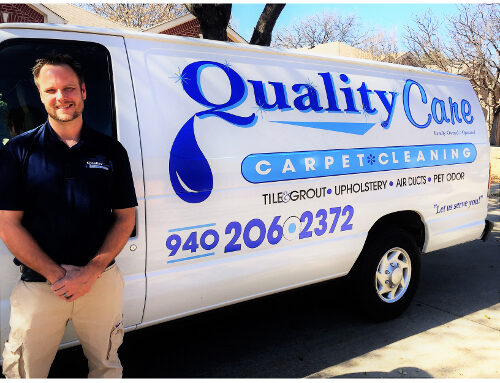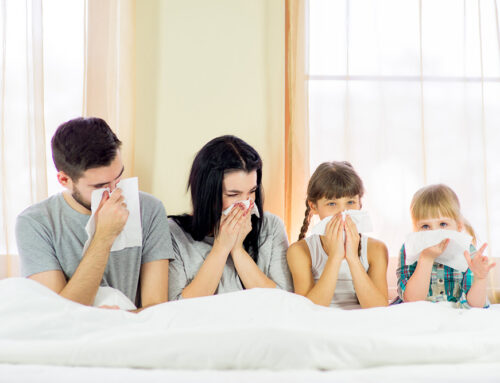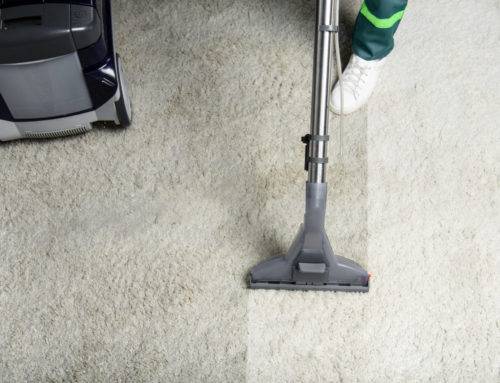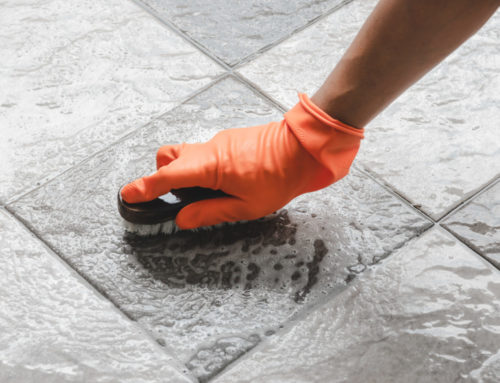
The world is full of pollutants, dust, and bacteria. Many of these irritants can make their way onto your floors. Dirty carpeting can affect more than just the appearance of your home. It can also affect the quality of your clean air as well as your health.
According to lung.org, keeping your carpets clean can reduce the risk of dust mites, mold spores, and pesticides from being trapped within your home.
This go-to carpeting guide will help ensure your carpets and indoor air is as clean and safe as possible. We’ve rounded up everything you need to know about carpet cleaning and indoor air quality.
Common Indoor Air Problems
Some of the most common indoor air pollutants include mold, dust, dander, dirt, pollen, and bacteria. Tobacco smoke and building materials can also decrease the quality of your air. These particles can all stick to the fibers of your carpeting.
Pollutants and household dangers can make their way from your carpeting into your ductwork and vents. While most HVAC systems are designed to filter the air in your home, regular household cleaning is essential.
Why Clean Carpets Matter
People and pets can track a lot of dirt, pollutants, and allergens into your home. Between mud, hair, and dander, your carpet can probably use some heavy-duty cleaning. Even vacuuming regularly won’t get your carpets fully cleaned. This is why having a professional carpet cleaning is critical.
Professional carpet cleaners use high-powered steamers to deep clean your carpets. Hot water and powerful disinfectants get into the fibers of your carpeting for a deeper clean.
If pollutants, dust, and dander are left on your carpets, your air quality will go down. You and your family can suffer from allergies, respiratory problems, and breathing issues. The cleaner your carpets, the cleaner your air.
Indoor Air Quality and Your Health
The air you breathe in your home can make a big difference in your health and safety. While your air filters help to trap allergens, pollution, and dirt, these particles can still attach to your carpeting and surfaces.
Poor indoor air quality has been linked to allergies, asthma, respiratory problems, and trouble breathing. If your home isn’t properly cleaned and maintained, it can take a toll on your health. Allergy sufferers will often notice the effects of indoor air pollutants first. These things can trigger runny noses, sneezing, and congestion.
If you suffer from asthma, poor indoor air quality can make things worse. You may notice strained breathing, wheezing, or an increase in coughing.
Bacteria can also live on dirty carpeting and homes with poor air quality. This can lead to more colds, flu, and other viruses. With the current global health crisis, clean carpeting and air have never been more important. Keeping your carpets and air cleaner will help keep these problems at bay.
Children and Air Quality
Children are especially susceptible to air quality issues. With smaller breathing passages and lung capacity, even the smallest irritant can cause health issues. Children also spend the most time crawling and playing on the floor. For children with asthma or allergies, keeping your home clean is crucial.
During cold and flu season clean air and cleaner floors will help keep you and your children healthy. Seasonal allergies in children can also be made worse when pollen, dust, and mold get tracked in from the outside. A small baby is far more likely to breathe in particles from the carpet while playing, for example.
Carpeting and Pets
Your furry friends can also be affected by indoor air quality. While they may contribute plenty of dander, hair, and dirt into your home, their noses are particularly sensitive. Keep mold, dust, and pollen off of your flooring to help keep them healthy.
If you have a pet at home, keep up with regular grooming to minimize some of the hair and dander. Remember that even hypoallergenic dogs drool and shed dander. Vacuuming and annual carpet cleaning can do wonders when it comes to pets.
How Does Carpet Cleaning Work?
There are several different carpet cleaning methods. Steam cleaning, dry cleaning, foaming, and shampooing are some of the most popular. The type of carpet cleaning method you choose depends largely on the type of carpet you have. The fibers your carpet has will help determine the best way to clean it.
Your carpet cleaning professional will often use steam and hot water along with a cleaner to extract dust, dirt, and other allergens from your carpet. While vacuuming will suck stuff off the surface of your carpet, a carpet cleaning will wash the fibers themselves.
Different Types of Carpet Cleaners
With a cleaning solution and hot water, you’ll actually be washing your carpet fibers instead of just removing particles. Shampooing and foaming work using different soaps and hot water to extract dirt and bacteria from your carpets.
Dry cleaning involves a targeted carpet powder with vacuuming. This works well if you can’t wait for wet carpets to dry after cleaning. Your cleaning professional can recommend what method will work well for you depending on the type of carpet you have and your personal preference.
Cleaning Carpets Helps Clean Air
Regular carpet cleaning can help with clean air and indoor pollutants. If you’re seeing health problems as a result of poor indoor quality, your carpets could be to blame. Keep your carpets clean and your air quality high.
From dirt to pet dander, mold, bacteria, and pollen, it can be hard to keep your home clean enough. Regular carpet cleaning will do more than just keep your carpet looking great. Carpet cleanings also help to keep your air pure and your family healthy. Fill out the contact form here to get in touch with a carpet cleaning professional for your home.





